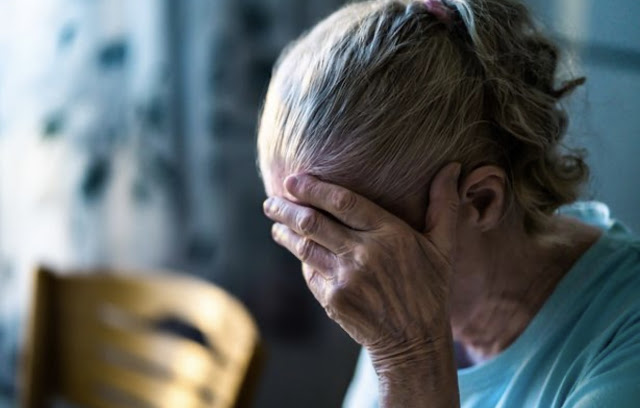Unexpected Findings: The Potential Impact of Intense Exercise on the Immune System
Unexpected Findings: The Potential Impact of Intense Exercise on the Immune System
New findings suggest a potential downside to vigorous exercise—specifically, its possible effect on dampening the immune system. A study examining post-exercise fluid molecules from over 4,700 samples collected from firefighters has unveiled concerning implications for individuals engaged in highly demanding physical activities, such as emergency workers and athletes.
Researchers, including Pacific Northwest National Laboratory (PNNL) biomedical scientist Ernesto Nakayasu, discovered a potential vulnerability in individuals who engage in extreme fitness routines. They observed a possible increased susceptibility to viral respiratory infections immediately following intense exercise, which might be attributed to decreased inflammatory activity—a key defense against infections.
While there's strong evidence supporting the long-term immune benefits of moderate physical activity among healthy individuals, the immediate impact of vigorous exercise on the immune system remains contentious.
The study, involving 11 firefighters undergoing 45 minutes of arduous exercise carrying up to 20 kilograms (44 pounds) of gear over hilly terrain, aimed to identify early signs of exhaustion-related risks. Analysis of blood plasma, urine, and saliva samples revealed intriguing alterations in the body's response to extreme physical exertion.
Despite the many positive effects of exercise on overall health, including mood enhancement and immune system strengthening, the research highlighted potential signs of immune suppression post-exercise.
Amidst the anticipated physical changes aiding the body during exercise, the researchers noted a decline in inflammation-related molecules. They also observed an increase in opiorphin, a substance believed to widen peripheral blood vessels, potentially enhancing oxygen and nutrient delivery to muscles during exercise.
Changes in the oral microbiome were also noted, marked by an increase in antimicrobial peptides in the firefighters' mouths post-activity. However, the study found limited evidence of these peptides effectively combating infections, casting doubt on their compensatory role in immune suppression.
While some experts propose these observations indicate heightened immune surveillance, others maintain they could suggest immune suppression. The study's limitations, including its focus on healthy, active men and the unique exposures of firefighters to pollutants during work, underscore the need for broader studies across diverse populations.
In light of this and prior research, the connection between strenuous physical demands and increased susceptibility to respiratory infections warrants further investigation, emphasizing the need for caution in extreme exercise routines.
This study, published in Military Medical Research, adds to a growing body of research shedding light on the complex interplay between intense physical activity and immune function.






